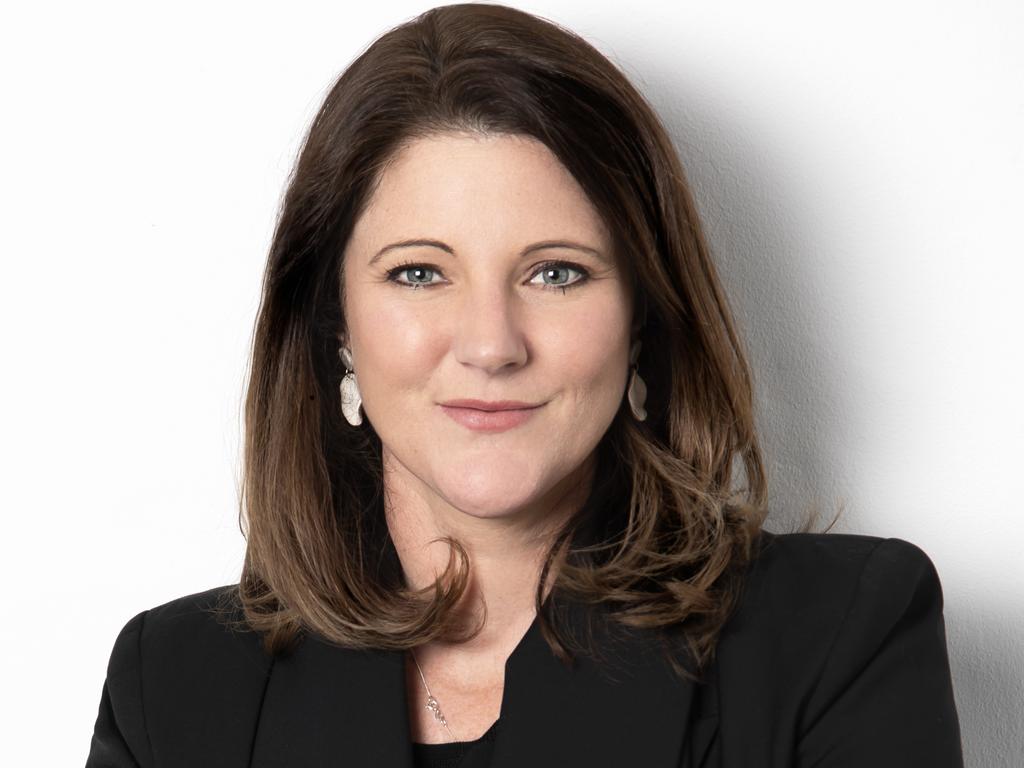Melbourne company ANDHealth 9 day fortnight improves employee satisfaction
In August an Aussie health company implemented a 70-hour, or nine-day fortnight without a pay cut. This is what it looks like in practice.
From working-from-home to pivoting strategy, although all businesses, companies and workplaces were affected by COVID-19, some were able to use the upheaval to change their company culture for the better.
For Melbourne health technology company ANDHealth, this meant implementing a company wide 70-hour (or nine-day fortnight) working scheme, something they did without a pay cut.
And despite many offices being given the all-clear to return, ANDHealth have continued their remote working arrangements with reduced hours.
Speaking to news.com.au, ANDHealth’s CEO and Managing Director Bronwyn Le Grice, said this transition came after she noticed the extra mental toll of working from home.
“I was becoming quite aware of Zoom fatigue,” she says. “I had one week where I had maybe 30 hours of Zoom meetings and by the end of that week I literally felt like I had to crawl under a rock.
“What we saw was that working from home offers immense flexibility but when you’re working from home you also work with greater intensity.”
RELATED: Hostie’s chance run in sparks new career
RELATED: Shock pandemic recovery in surprise industry

The 70-hour fortnight became a way to help her employees balance their work and personal lives.
“It was an acknowledgment that if you want people to be on all the time, then make sure they have time to do other stuff, live their lives, and do the things that improve their own physical and mental wellbeing,” she says.
In practice, ANDHealth employees are able to choose when they want to work their fortnightly 70 hours. For some, this may mean seven-hour working days, while others may prefer a nine-day fortnight or lengthier days from Monday to Thursday with a weekly day off on Friday. The latter is how Ms Le Grice structures her office hours.
“I have long days from Monday to Thursday and have Fridays to do other things, which include hanging out with my kids who are four and 16 months,” she says.
“One of our staff uses that time to walk his son to school everyday, the other staff work nine-day fortnights or use the time to do things they want to for themselves whether that’s having dinner with their parents, hanging out with their friends or even going to the day spa. It doesn’t really matter.”
Speaking to news.com.au, SEEK’s resident psychologist Sabina Read says flexible working practices have become particularly important in a post-pandemic employment landscape.
“I’m a firm believer that flexible work practices are not just the domain of parents and that’s what it used to be. That trend has long left the station,” she says.
“We’ve all got different needs and it’s up to the employee to understand what their needs are and find ways to put them on the table and propose them in ways that will work for both them and the employer.”
Ms Read also says compulsory work-from-home arrangements during COVID-19 proved that employers were able to work independently, removing the trust barrier that might once have existed.
RELATED: Aussie jobs surpass ‘bumper’ 23-year record
RELATED: Conversation Aussie workers need to have

“A lot of organisations and employees used to talk about trust and the idea that if you’re not seen then people don’t trust you’re doing what you’re supposed to be doing,” she says. “The dial has shifted.”
While most offices have now returned to blended working-from-home and in-office setups, ANDHealth will continue largely working from home, with the wider team convening on creative and collaborative sessions, strategy days and monthly team lunches. Although she describes this working style as a “very self-empowered approach,” Ms Le Grice admits this all hinges on the trust she has in her employees.
“Everyone is trusted to deliver their outcome and many people might work more than 35 hours a week but they have the flexibility and control to design their own work week from a time perspective,” she says.
“We’re a small business but I have a relationship with everyone in the team and I think if you trust your staff, it comes back to you in spades.”
For employees, ANDHealth and Ms Le Grice, their flexible 70-hour work week has been an undoubted success. She’s noticed her team’s output, engagement and productivity has increased and she’s also reduced the “administrative burden” that came from having to approve leave requests like doctor’s appointments, family commitments and life admin.
“You don’t pay people for their hours, you pay people for what they create and if they’re creating value then who cares?” she says.
“I’d prefer to have people take the time off and come back to work fully focused than have them try to work through a pressing personal challenge.
“We all have lives, we all have friends, parents, partners, children, pets and it is just completely not feasible to say that you need to work 8am to 6pm every day and everything you do in life has to happen around that.”
This article was created in sponsorship with SEEK




